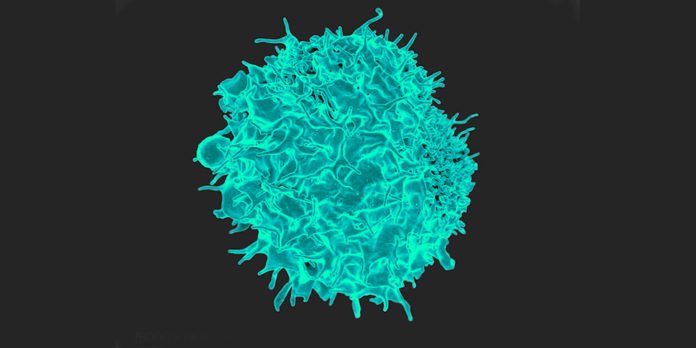Another technique empowers qualities in living T-cells in mice to be adjusted rapidly and effectively. It makes use of plasmids, an attempted and tried a strategy for the hereditary building. Analysts from the Department of Biomedicine at the University of Basel and University Hospital Basel announced these discoveries in the Journal of Immunology.
Atomic natural strategies, for example, CRISPR-Cas9 – all the more ordinarily known as sub-atomic scissors – can be utilized to specifically adjust qualities in living cells. Researchers have now balanced the procedure to empower T-cells from mice, a basic piece of the resistant framework, to be productively hereditarily changed. This immediate control of invulnerable cells opens up new open doors for investigating and could diminish the tedious rearing of hereditarily adjusted mice.
For their examination, the analysts drove by Professor Lukas Jeker from the University of Basel and University Hospital Basel, took T-cells from a mouse and refined them in the lab. They at that point utilized a plasmid – a demonstrated conveyance vehicle – to bring two components into the phones by means of an electrical drive: RNA particles, which join to a particular area of twofold stranded DNA, and the protein Cas9, which cuts the DNA at this site.
The following, every now and again broken repair regularly turns off the quality. It is likewise conceivable to change singular DNA building hinders in the hereditary material, however, this is significantly more troublesome and less effective. Two days subsequent to taking them out, the cells are moved once more into mice.
The modified T-cells made due to the beneficiary mouse and were completely useful: they increased, relocated to lymph hubs and the spleen, and acting of course amid a disease. They along these lines satisfied the requirements required for the potential remedial utilization of hereditarily altered T-cells.
Utilizing exceptionally created tests, the specialists could additionally build the proficiency of the little, exact transformations. They likewise prevailing with regards to utilizing the technique to repair a change in the FOXP3 quality that causes serious immune system ailments in mice. Since the strategy utilizes straightforward procedures, it is additionally important to inquire about gatherings with a constrained spending plan.
Lukas Jeker, Professor of Experimental Transplantation Immunology and Nephrology at the University of Basel said, “Our method allows targeted gene surgery in T-cells and opens up new perspectives for research into the immune system, and possibly for the development of new T-cell-based therapies.”
“T-cell therapies are currently enjoying great success in the fight against cancer. It is therefore hoped that genetically reprogramming human T-cells could also be of use in future treatments of cancer, autoimmune diseases, and severe infections as well as in transplantation medicine. The research group is, therefore, working to refine the technique and transfer it to human T-cells.”
The study is published online in the Journal of Immunology.
